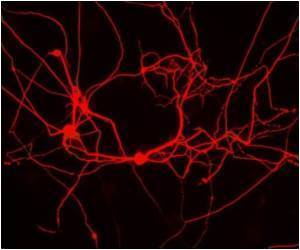A new study has found that the brain has built-in mechanisms that automatically trigger our sense of justice.

Their brain activity was simultaneously measured using functional magnetic resonance imaging (fMRI).
The study is based on the universal human behaviour to react with instant aggression when another person behaves unfairly and in a manner that is not in the best interest of the group.
The researchers had 35 subjects play a money-based fairness game, in which one player suggests to another how a fixed sum of money is to be shared between them; the other player can then either accept the suggestion and take the money, or reject it, in which case neither player receives anything.
"If the sum to be shared is 100 SEK kronor and the suggestion is 50 each, everyone accepts it as it is seen as fair. But if the suggestion is that you get 20 and I take 80, it's seen as unfair," Dr Katarina Gospic said.
"In roughly half the cases it ends up with the player receiving the smaller share rejecting the suggestion, even though it costs them 20 SEK," she said.
Advertisement
Using fMRI, however, the researchers saw that the brain area controlling for fast financial decisions was actually located in the amygdala, an evolutionary old and therefore more primitive part of the brain that controls feelings of anger and fear.
Advertisement
The researchers found that those who had received the drug showed lower amygdala activity and a stronger tendency to accept an unfair distribution of the money despite the fact that when asked, they still considered the suggestion unfair.
In the control group, the tendency to react aggressively and punish the player who had suggested the unfair distribution of money was directly linked to an increase in activity in the amygdala.
A gender difference was also observed, with men responding more aggressively to unfair suggestions than women by showing a correspondingly higher rate of amygdalic activity.
This gender difference was not found in the group that received Oxazepam.
"This is an incredibly interesting result that shows that it isn't just processes in the prefrontal cortex and insula that determine this kind of decision about financial equitability, as was previously thought," Professor Martin Ingvar said.
"Our findings, however, can also have ethical implications since the use of certain drugs can clearly affect our everyday decision-making processes," he stated.
The study will be published next week in the online open access journal PLoS Biology.
Source-ANI











